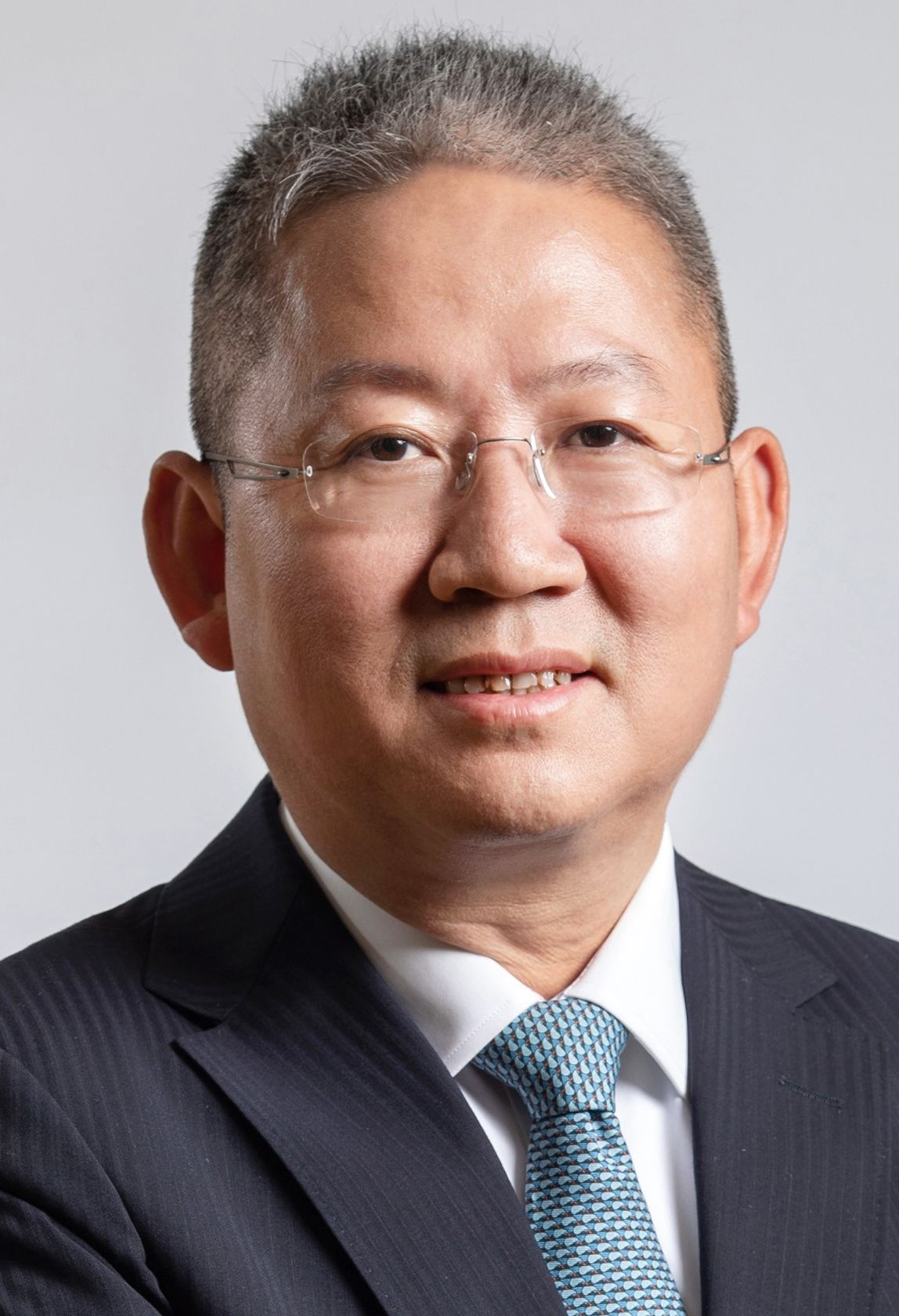


Singaporean bank OCBC has appointed Wang Ke, currently CEO of OCBC Wing Hang China, as its head of Greater China, succeeding Tan Wing Ming. With Wang’s appointment, Ang Eng Siong, currently deputy president and head of corporate banking at OCBC Wing Hang China, will step up as the acting CEO of OCBC Wing Hang China. Both appointments will take effect on November 1. Tan will return to Singapore as an adviser to the group CEO.
Wang joined the OCBC Group in 2012 as the head of IT in China and expanded his responsibilities to include operations in 2014. He was appointed the head of Pearl River Delta region in 2017, then assumed the position of CEO of OCBC Wing Hang China in 2019. Under his leadership, critical technology infrastructure and capabilities, the bank notes, were built up, and the business deftly steered through the Covid-19 pandemic. OCBC Wing Hang China’s profit has more than doubled since 2019.
Wang, the bank states, has built a strong team and kept employee morale high as the nation navigated the tough Covid-19 situation. Despite the challenging market conditions, in the fourth quarter of last year, OCBC Wing Hang China expanded its geographical coverage by opening a branch in Wuhan, the largest city in Central China.
Ang has been with OCBC since 2009. He spent six years in Singapore in various roles across risk management, finance and business development. As part of OCBC’s talent development programme, Ang moved from Singapore to China in 2015. He was appointed China’s chief risk officer in 2018 and head of corporate banking in 2022. Ang built a resilient risk management architecture, the bank points out, to support the growing franchise.
On top of driving rapid growth in cross border business, he led the China corporate banking division into new business frontiers in sustainable finance and renewable energy as well as the technology, media and telecom sector.
“Wang and Ang are valuable contributors to the franchise,” says Helen Wong, group CEO of OCBC. “In their expanded roles, they will further advance our strategic priorities in Greater China.”